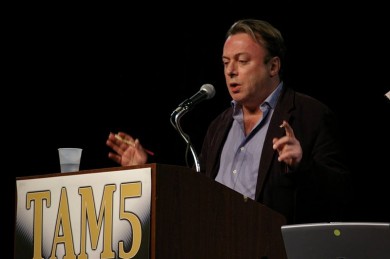Chronicle of Journalist Arrests Wins Storify Award
My colleague, Josh Stearns, has been tracking journalist arrests at Occupy protests since the movement launched in September. His documentation of press arrests on social media platform Storify has earned him the site’s nod as “Storify of the Year.”
Since September, 36 journalists have been arrested in 10 cities. Many more have been harassed, roughed up or otherwise hindered while attempting to do their work. The arrests and suppression have occurred even as journalists have identified themselves to police as members of the press.






